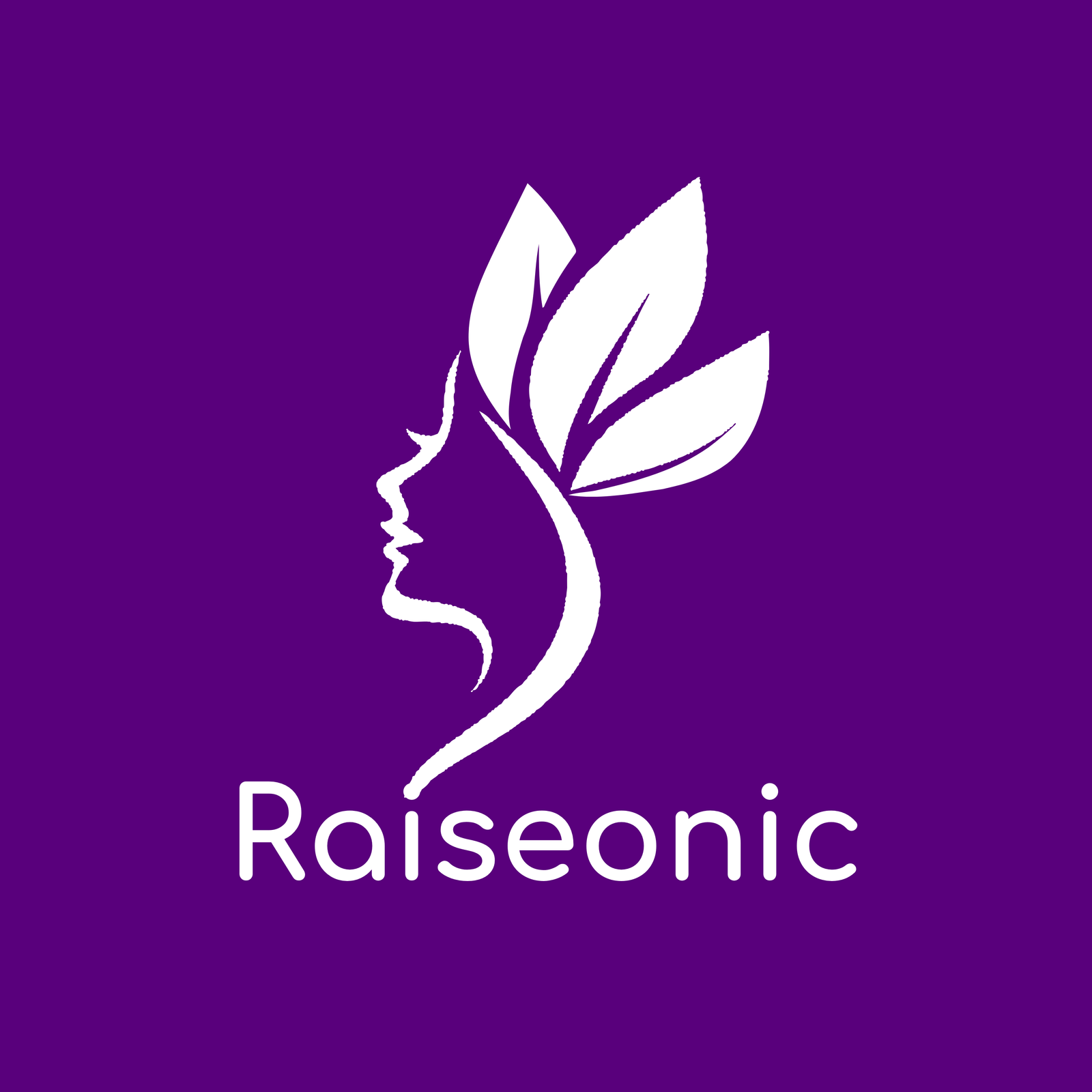Women in Agro-Processing Program
Startup schemes for women in India are playing a crucial role in encouraging and empowering women entrepreneurs to venture into various sectors, including agro-processing and value addition. One such scheme that highlights the government’s commitment to supporting women-led startups in this sector is the Women in Agro-Processing Program.
The Women in Agro-Processing Program is a startup scheme specifically designed to support and nurture women founders who are engaged in agro-processing and value addition activities. The scheme aims to provide financial assistance, mentorship, and networking opportunities to women entrepreneurs looking to scale their agro-processing businesses.
Key points of this scheme include:
1. Financial Assistance: The Women in Agro-Processing Program offers funding support to women-led startups in the agro-processing sector to help them grow and expand their businesses.
2. Mentorship: The scheme provides mentorship opportunities for women founders to learn from experienced professionals in the agro-processing industry, helping them navigate challenges and seize opportunities.
3. Networking Opportunities: Women entrepreneurs participating in this program have the chance to connect with other like-minded individuals, potential investors, and industry experts to build valuable relationships and partnerships.
Who can apply for this scheme:
– Women entrepreneurs who are the founders or co-founders of startups engaged in agro-processing and value addition activities.
– Startups that have a clear business plan and growth strategy in the agro-processing sector.
– Women entrepreneurs who are passionate about innovation and sustainability in the agro-processing industry.
Overall, startup schemes like the Women in Agro-Processing Program are essential for fostering a supportive environment for women entrepreneurs in India. This initiative, along with other startup policies and programs, underscores the government’s commitment to promoting gender diversity and inclusivity in the startup ecosystem.
Through such schemes, women founders are encouraged to take risks, pursue their entrepreneurial dreams, and contribute to the growth and development of the agro-processing sector in India. By harnessing the power of women entrepreneurs, the country can unlock new opportunities, drive innovation, and create a more inclusive and dynamic startup ecosystem.
In conclusion, the Women in Agro-Processing Program serves as a shining example of how startup schemes can empower women entrepreneurs, inspire innovation, and drive economic growth in India. It is imperative to continue supporting and expanding such initiatives to create a more diverse and thriving startup ecosystem that benefits all stakeholders.

